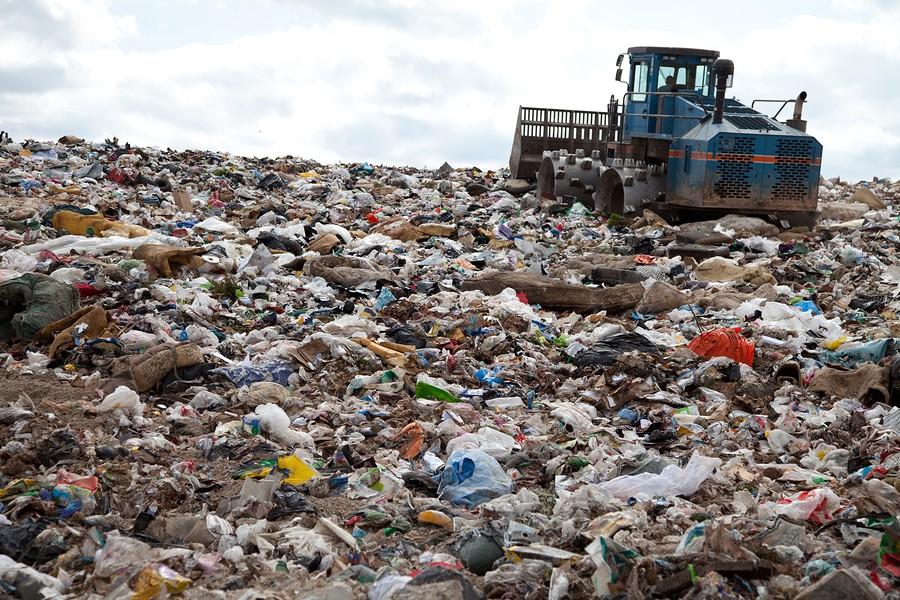Landfills, with rotting waste as far as the eye can see, may soon stop being a problem and an eyesore, as a new patent may transform them into profit-making sites.
Russell Chianelli, a chemistry professor at UTEP, has invented a new process that would take methane produced from landfills and recycle it to produce electricity, which may yield profit if sold back to electric companies.
The process has two major components to it, the methane produced within the landfill and the organisms producing said methane.
“Methane is produced by organisms in the soil that are consuming the buried waste,” Chianelli said. “This produces methane, which is usually flared at landfill sites.
Chianelli said that what is new with his invention is that it captures and recycles the exhaust gas, and uses the water and heat from the process to grow algae. The algae would then be introduced into the landfill in order to feed the organisms, thus producing more methane and consuming the carbon dioxide.
The system essentially eliminates all emissions and the excess algae can be produced into bio-diesel to power the landfill’s motorized vehicles, meaning that the whole process produces zero-waste.
“Although I am not very familiar with the entire concept, it is exciting to hear that something positive is being made from something that is a large problem (landfills) in the U.S.,” said Paola Dupuis, a UTEP alumni from the School of Nursing. “Science plays an integral part for things such as health, technology and, of course, environmental matters too. This is the type of research and advancement that we need.”
According to the Environmental Protection Agency, every year Americans create about 251 million tons of trash, out of those millions about 164 million tons end up in landfills and incinerators. Texas alone contributed a total of 30,569,741 tons of waste to landfills in 2013, which represents about 12 percent of the national number.
In El Paso, there are currently three active landfills: the City of El Paso landfill, Fort Bliss landfill and the Greater El Paso landfill. All of the landfills together produced 404,739 tons of trash, according to the Texas Commission on Environmental Quality 2013 Data Summary and Analysis report.
“I think it’s great that we have such professors and research programs at UTEP,” said Silvia Hecht, senior linguistics major. “I hope that we can get more things like these because they benefit the environment.”
The patent was developed by UTEP’s Materials Research and Technology Institute, the university provided the necessary environment to develop the patent and the University of Texas System owns the patent.
Chianelli also said that although there is a possibility for further developments or new patents, as of right now, this patent is their main focus.
“More patents may develop, but this is currently proprietary,” Chianelli said. “We hope that the patent will be licensed by landfills as the concept will work as described.”
The patent was filed on March 3, 2011 under the name Landfill Methane Enhancement Process and was issued patent number 8,956,854 by the United States Patent and Trademark Office on Feb. 17, 2015.
Alonso Moreno may be reached at [email protected].









